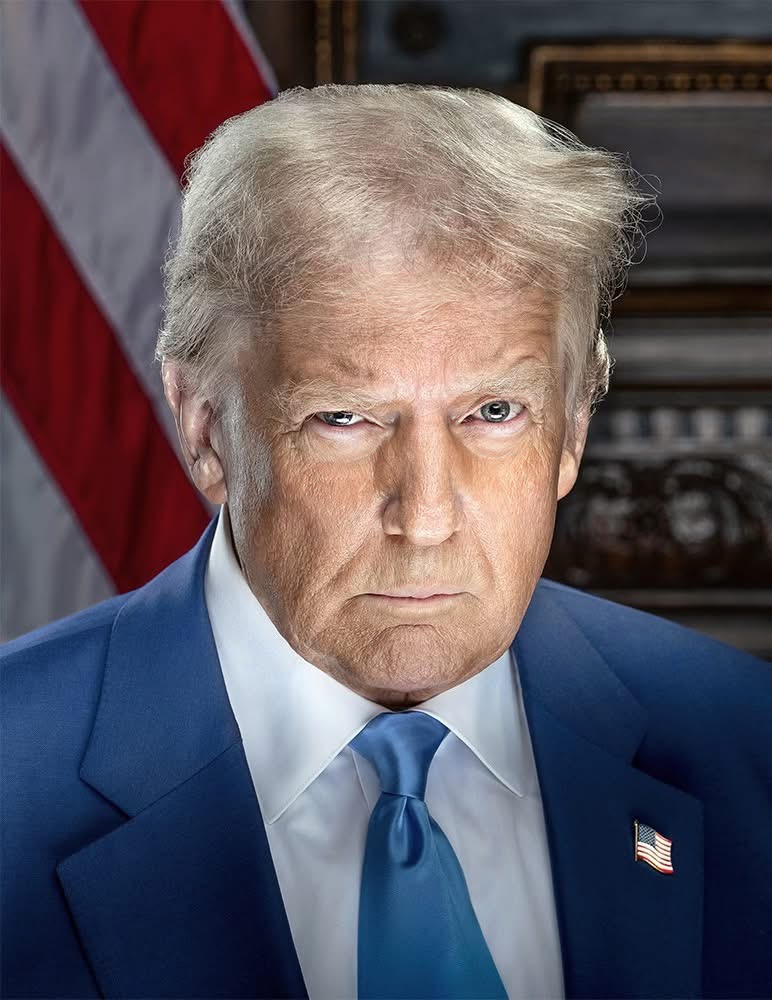On January 20, 2025, President Donald Trump signed a series of executive orders that signaled a sharp pivot in U.S. policy, impacting immigration, social policies, energy, and federal workforce operations. The sweeping measures represent Trump’s commitment to fulfilling campaign promises and reasserting his leadership on key issues.
Immigration and Border Security
One of the headline orders was the authorization to deploy U.S. military personnel to the southern border. The administration emphasized that this was necessary to curb illegal crossings and combat human trafficking. In tandem, Trump directed federal agencies to resume construction of the border wall, a hallmark of his 2016 campaign, with added resources allocated to expedite its completion.
In a controversial move, Trump designated specific cartels and international criminal organizations, including Venezuela’s Tren de Aragua gang, as terrorist organizations. This designation opens the door for the U.S. government to pursue more aggressive actions, including financial sanctions and international cooperation to dismantle these groups.
Social Policies
President Trump signed orders that redefine federal recognition of gender to only two categories—male and female—based on biological anatomy. This move revokes prior protections for transgender individuals, including access to federally funded transition services and the ability to use facilities aligning with their gender identity.
Another order terminated federal diversity, equity, and inclusion (DEI) programs. Trump emphasized a return to merit-based systems, stating, “We are prioritizing excellence over identity politics.” Critics argue the move could reverse years of progress toward workplace diversity and inclusion.
Energy and Environmental Policies
Citing an “energy emergency,” Trump issued orders to fast-track the development of fossil fuel infrastructure and reduce regulatory hurdles for oil and gas projects. The administration also formally announced plans to withdraw the U.S. from the Paris Climate Agreement, reiterating Trump’s belief that the accord unfairly disadvantaged American energy producers.
“The war on American energy is over,” Trump declared, signaling a rollback of climate-focused initiatives pursued by the previous administration.
Federal Workforce Returns to Offices
Another significant order mandated all federal employees to return to full-time, in-office work. Trump’s administration argued that remote work had diminished productivity and disrupted government services. The directive rescinds previous flexibility measures introduced during the COVID-19 pandemic, requiring employees to report to their assigned offices within 30 days.
“We are restoring accountability and efficiency in our government workforce,” Trump said. “The American people deserve nothing less than full commitment from those who serve them.”
Legal Actions
Trump also pardoned approximately 1,500 individuals convicted in relation to the January 6, 2021, Capitol riots. He described the move as necessary to heal political divides, though critics called it a blatant endorsement of insurrection.
Public Reaction and Analysis
Reactions to the executive orders have been polarized. Supporters praised Trump for taking decisive action, particularly on immigration and energy independence. Opponents, however, decried the policies as regressive and divisive, warning of long-term social and environmental consequences.
These executive orders are expected to shape the early trajectory of Trump’s second term, setting the stage for heated political battles in Congress and beyond.
A global media for the latest news, entertainment, music fashion, and more.





